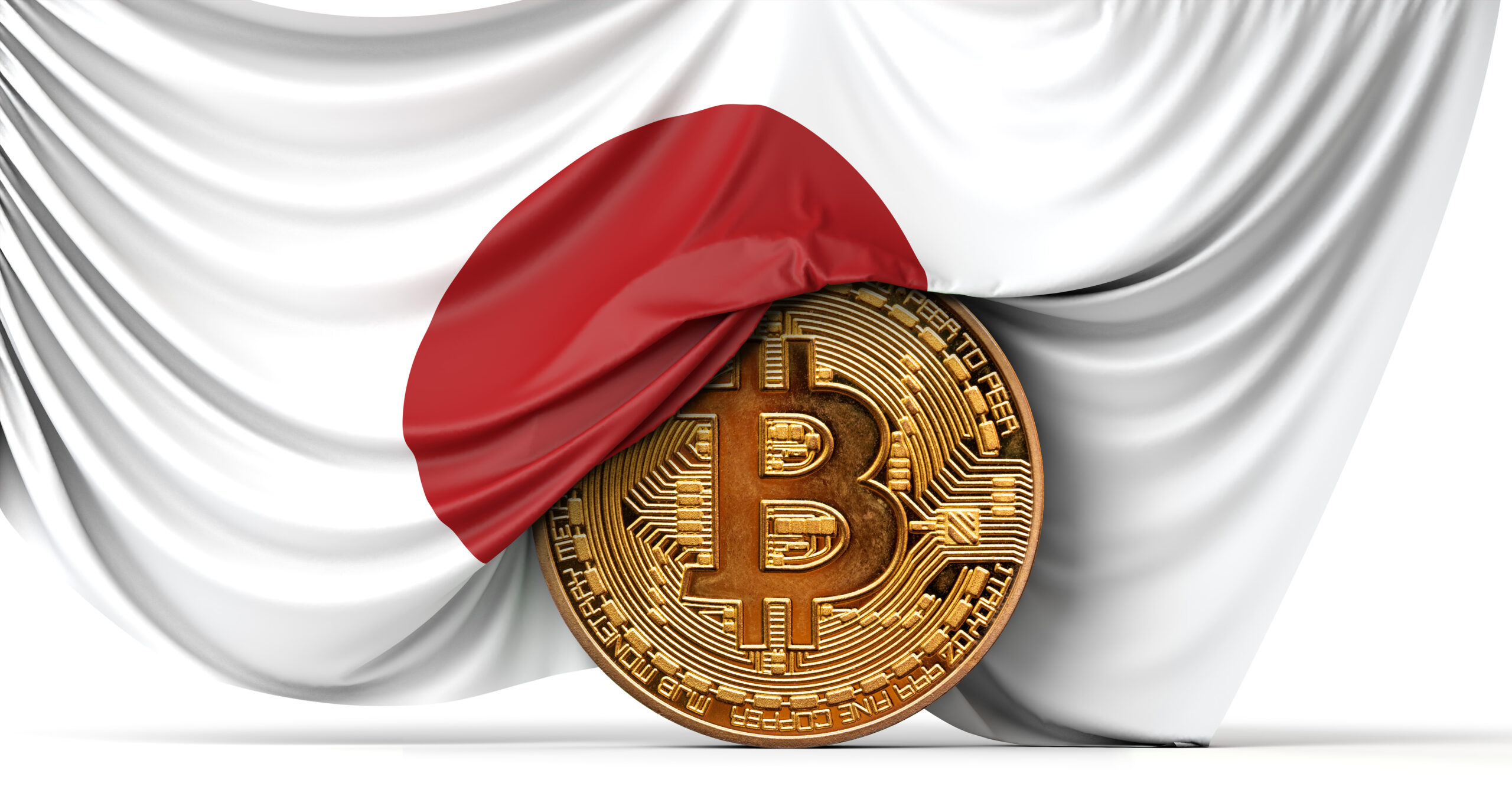Maya Parbhoe’s Credibility Crisis: Suriname Unlikely To Be Next Bitcoin Country
Bitcoin Magazine Maya Parbhoe’s Credibility Crisis: Suriname Unlikely To Be Next Bitcoin Country The Surinamese political candidate has projected an image of herself as a successful businesswoman running as a pro-Bitcoin presidential candidate to the international Bitcoin community, but those who’ve interacted with her on the ground — or those who’ve obtained reported government intel on her — tell a different story. This post Maya Parbhoe’s Credibility Crisis: Suriname Unlikely To Be Next Bitcoin Country first appeared on Bitcoin Magazine and is written by Frank Corva.
Bitcoin Magazine

Maya Parbhoe’s Credibility Crisis: Suriname Unlikely To Be Next Bitcoin Country
Last year, Maya Parbhoe quickly became well-known in the international Bitcoin community as she presented herself to the world as a presidential candidate in her country, Suriname. She vowed to fight corruption in a country rife with it and to make bitcoin legal tender in Suriname to help get the country’s citizens out of financial “survival mode.”
Parbhoe’s story as an underdog candidate quickly gained traction as she made her case for how she could help Suriname as president both online and in person at conferences such as Bitcoin Amsterdam.
Prominent members of the Bitcoin community such as Bitcoin mining analyst and leadership coach Daniel Batten have vouched for Parbhoe in recent months, while Jan3 CEO Samson Mow was the one who encouraged Parbhoe to run for president. I, too, helped bring attention to her candidacy.
However, in recent weeks, some cracks have started to form in Parbhoe’s story. Reports from those who have visited the country say that the image that Parbhoe has been projecting of herself and her candidacy to the world may be in part an illusion.
The reports claim that Parbhoe has overstated her odds of becoming president of Suriname to the international community and that her political messaging within the country has had little to nothing to do with Bitcoin.
What is more, some reports that are now reaching the international Bitcoin audience also contend that Parbhoe’s candidacy is not well known within Suriname. And while Parbhoe has positioned herself as an advocate for those within her country who are struggling financially, one source told Bitcoin Magazine that she has disdain for the country’s poor.
On top of that, reported intel from the U.S. government estimates that Parbhoe may be running as “controlled opposition,” a political figure who serves as a placeholder for those that they purport to be against. According to Bitcoin Magazine’s source, the same reported intel states Parbhoe’s father was knowingly in business with drug traffickers and money launderers and that there’s also a chance that the bank accounts for Parbhoe’s companies are being used to launder money.
Before diving deeper into the latter allegations, it’s first important to understand the depths of corruption in Suriname and how Parbhoe claims to be an antidote to it.
Parbhoe’s Anti-Corruption Political Campaign
According to a 2022 report from the U.S. Department of State, almost every sector of Suriname’s government has been accused of corruption. These sectors include the central bank of Suriname and state-owned companies, including the country’s national airline, Surinam Airways, and the government health insurance company, SZF.
Some of the highest-ranking individuals in the country have also been involved in corruption, as the country’s current vice president has been convicted of drug trafficking and the country’s former president, Dési Bouterse, was convicted of drug trafficking and murder and sentenced to 20 years in prison.
Parbhoe billed herself as an anti-corruption presidential candidate in Suriname’s upcoming elections, which are slated to occur on May 25, 2025.
As part of her messaging, she often mentions how her father was murdered for speaking out against corruption in the country, and she says that she wants to carry on his legacy by speaking out against corruption in Suriname, as well.
The part of this story that Parbhoe has left out as she’s recounted it time and time again, though, is that her father had two Colombian partners in his casino business who he knew were also involved in drug trafficking and money laundering. According to a former senior advisor for Parbhoe’s campaign, Shamay, Parbhoe is aware that her father knew he was in business with these people, as she has told him as much.
Micah Dunford, a retired Green Beret and CEO of Greyscale Protection, a company that Parbhoe contracted to protect her during the beginning of April, when she gave birth to her daughter, informed Bitcoin Magazine that reported intel from the U.S. government states that Parbhoe’s father was knowingly involved with “nefarious actors” and was murdered by “narco terrorists.”
[Author’s note: Dunford would like to make it clear that he only shared the information above as well as other information in this piece about a client of his because he is a Bitcoin enthusiast and feels that Parbhoe is doing a great disservice to the Bitcoin community and to Bitcoin’s reputation.]
When I initially interviewed Parbhoe in July 2024, she offered an account of her father’s business dealings that did not include his knowingly being in business with drug traffickers and money launderers. She stuck to her original story and denied that her father was in business with two Colombian drug traffickers when I recently reached out to her to ask her about the matter.
“My father was in business with Dorsett Resorts,” Parbhoe told Bitcoin Magazine via email.
“It was a publicly traded company in the U.S. and he bought $500,000 in shares so he could be in investor meetings. My father went to the then Minister of Justice, Santhokhi, and all authorities, including the three letter agencies, when he realized what was going on,” she added.
“His case against de [De] Surinaamsche Bank is currently being delayed by the president at our highest court of justice. The case against the CEO, COO and Manager from Dorsett goes to court on April 28th. I am his only living heir fighting this case.”
If Parbhoe’s father was knowingly in business with drug traffickers and if Parbhoe knew that he knew this and continues to omit it from the story of her father’s murder that she tells the media, what she’s doing is part of a broader trend when it comes to some of the stories she tells — including the one about her becoming president of Suriname.
Suriname’s Electoral System
In Suriname’s political system, a parliamentary democracy, voters elect candidates to represent them in parliament, the 51-member National Assembly.
Historically, most voters vote for the leader of a political party, and if that leader won enough votes for more than one seat, the additional seats went to members of their same party in predetermined order based on their position on the party’s candidate list — the higher on the list, the better the odds of winning a parliamentary seat.
Although it was technically possible for a candidate lower on the list to be elected into parliament directly if enough people vote on this candidate specifically (rather than the party leader), this rarely happened.
Once parliamentarians were elected, coalitions would form in parliament, and its members would then vote on a president. The National Assembly would then elect the president by a two-thirds vote — 34 of 51.
This dynamic will partially shift in upcoming elections, though, as Suriname is implementing a new “one person, one vote” system.
Suriname’s New Electoral System: One Person, One Vote
In August 2020, the Constitutional Court of Suriname ruled the former electoral law in Suriname unconstitutional in that it violated the principle of one person, one vote, according to the aforementioned 2022 report from the U.S. Department of State.
The document states that “the court found that votes in rural, less populated districts outweighed those in urban, more populated areas, since it required far fewer votes to win a seat for the National Assembly in rural districts [and it] mandated that the government and National Assembly amend the legislation as soon as possible for the 2025 elections to take place on time.”
Under the new system, each voter votes for one member of parliament, and each party has 51 candidates for the 51 seats of parliament.
Seats are divided between the different political parties based on the total number of votes on all candidates for these parties. These seats then go to the candidates of each of these parties that got the most votes individually. So, if a political party gets (say) five seats in parliament, those five seats will go to the five candidates of that party with the most individual votes; their ranking on the party’s candidate list is irrelevant.
Any group of at least seven members of parliament (regardless of party affiliation) can submit a candidate for president. Parliament then votes based on that list of candidates, and a two-thirds majority vote determines who wins the presidency.
Parbhoe’s Strategy To Become President
Parbhoe, who is not the head of the political party with which she’s affiliated, the National Party of Suriname (NPS), is looking to capitalize on this new system by aiming to get as many votes as possible in the general election.
She said that she would need 5,380 votes to win a seat in parliament, which she believes she can get. (This seems logical in that 283,834 people voted in Suriname’s 2020 election, and if each of the 51 candidates elected to parliament received 5,380 votes, this would mean that 274,380 people voted, which is very close to the voter turnout from the previous election. Also, under the old electoral system, Parbhoe would have needed a minimum of 7,000 votes as a candidate based in Paramaribo, the largest constituency in the country.)
A poll conducted on April 21, 2025 shows that NPS may win 10 seats in parliament (7 more than they currently have), but the poll doesn’t indicate which of NPS’s candidates are most popular.
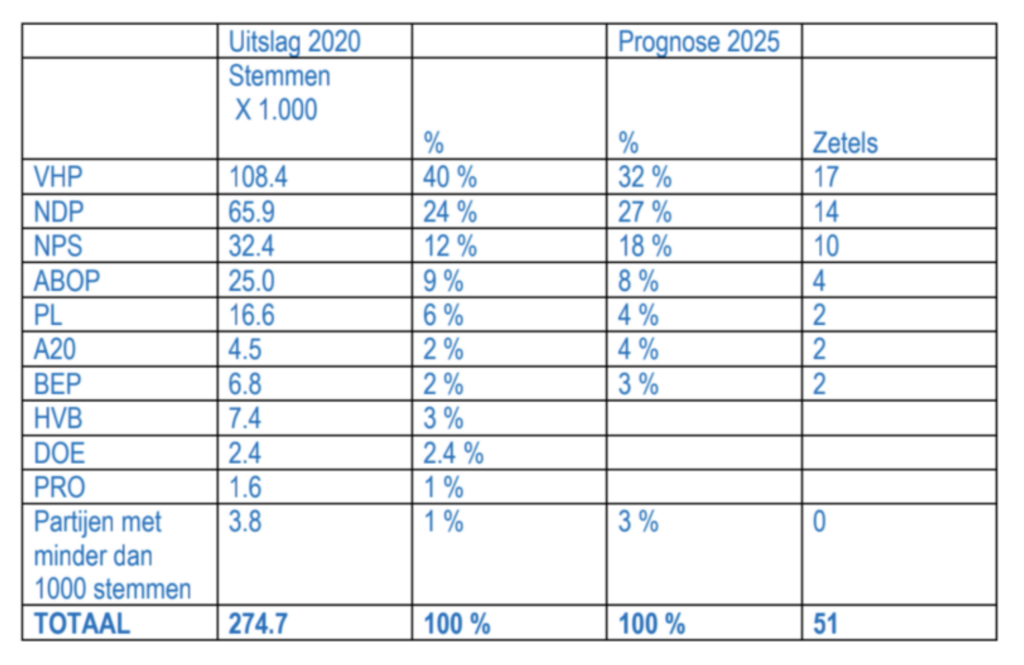
However, this doesn’t matter much to Parbhoe anyway because winning a seat in parliament is what she calls a “worst case scenario.”
This is because her goal isn’t to become a member of parliament — it’s to become president.
“I am not running for a seat in the National Assembly,” she wrote in an email to me.
Parbhoe is aiming for a best-case scenario in which she gets the most votes in the country, as “usually, the candidate with the most votes gets elected by members of parliament to become president,” according to her. (What she didn’t mention, though, is that the candidate who almost always gets the most votes is the leader of the biggest political party.)
She acknowledged that the leader of NPS, Gregory Rusland, is one of her biggest competitors. A report shows that in a recent poll on the most popular presidential candidates in Suriname, Rusland ranked fourth. (Parbhoe wasn’t mentioned in the report.)
Parbhoe believes that part of her edge is that she’s a younger candidate (She is 37 years old). She noted that Rusland is over 60 years of age, while the majority of the voters in the country are under the age of 45.
Parbhoe also added that “most of the candidates that have announced that they are running for president have an equal shot [of winning] as I do,” without commenting on what those odds are.
The Decreased Significance of Rank Within Political Parties in Suriname
In a Reddit post on April 13, Michel Greijmans, a businessman based in Curaçao who visited Suriname for work in February, commented that Parbhoe has less of a chance of winning the presidency because she is ranked number 21 within the NPS.
What Greijmans didn’t acknowledge, though — probably because he was not privy to this information — is that Parbhoe, by her own account, strategically selected this ranking of number 21 as an ode to Bitcoin, because rank within a party is mostly irrelevant now anyway.
Parbhoe first informed me of her doing this via text weeks back when her rank within the party was first announced, and she reiterated this to me in our most recent communications.
Had she not selected number 21, she said she would have opted for a ranking at the bottom of the list of her party (number 50 or 51). In Surinamese parliamentary system — at least in the older version of it — when a candidate selects the lowest ranking within a party, it’s a signal that they aren’t necessarily running for a seat in parliament, but are on the list just to endorse a particular party. (This type of candidate is sometimes referred to as a Lijstduwer, which translates to “list pusher,” and it exists in the Surinamese and Dutch parliamentary systems. List pushers often include celebrities, artists, or athletes who have no intention of serving in parliament.)
This type of candidate is sometimes referred to as a Lijstduwer, which translates to “list pusher,” and it exists in the Surinamese and Dutch parliamentary systems. List pushers often include celebrities, artists, or athletes who have no intention of serving in parliament. (Such a candidate in Suriname’s current electoral race is Ingrid Bouterse-Waldring, widow of the late Dési Bouterse, the aforementioned former president of Suriname. She’s ranked number 51 within the NPS.)
So, aside from Parbhoe’s being a new, young candidate, what else is she doing to differentiate herself from the competition?
Well, she’s broadcasted to the international Bitcoin community that she plans to replace Suriname’s national currency, which has an average yearly inflation rate of 8.7% and which spiked as high as 59% in 2020, with bitcoin.
However, those who’ve visited Parbhoe in Suriname and who have reported back to the international Bitcoin community have said that Bitcoin is hardly part of her messaging within the country and that her strategy to replace the national currency with bitcoin won’t work.
The Reality On The Ground: Parbhoe’s Lack Of A Bitcoin Strategy
Greijmans, in his aforementioned Reddit post, mentioned that, in his experience on the ground in Suriname, no one outside of Bitcoin circles knew who Parbhoe was and that those within Bitcoin circles in the country didn’t want to talk about her.
Dr. Jack Kruse, who’d met with Parbhoe on the ground in Suriname in February and even gave a nationally-televised talk on reforming Suriname at an NPS event during this visit, claimed on X that Greijmans’ experience was comparable to his own.







































































































































































![[The AI Show Episode 145]: OpenAI Releases o3 and o4-mini, AI Is Causing “Quiet Layoffs,” Executive Order on Youth AI Education & GPT-4o’s Controversial Update](https://www.marketingaiinstitute.com/hubfs/ep%20145%20cover.png)














































































































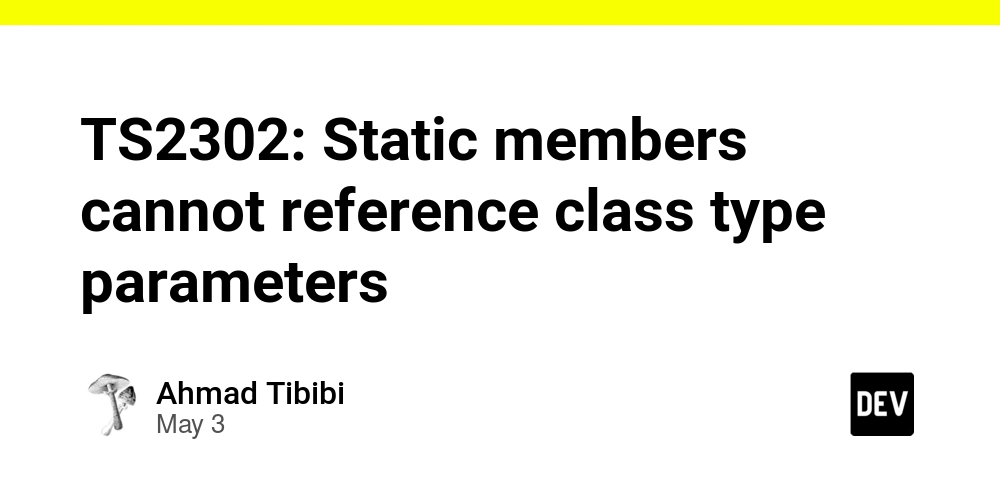














![[FREE EBOOKS] Learn Computer Forensics — 2nd edition, AI and Business Rule Engines for Excel Power Users & Four More Best Selling Titles](https://www.javacodegeeks.com/wp-content/uploads/2012/12/jcg-logo.jpg)





![From Art School Drop-out to Microsoft Engineer with Shashi Lo [Podcast #170]](https://cdn.hashnode.com/res/hashnode/image/upload/v1746203291209/439bf16b-c820-4fe8-b69e-94d80533b2df.png?#)









































































































(1).jpg?#)






























_Inge_Johnsson-Alamy.jpg?width=1280&auto=webp&quality=80&disable=upscale#)






























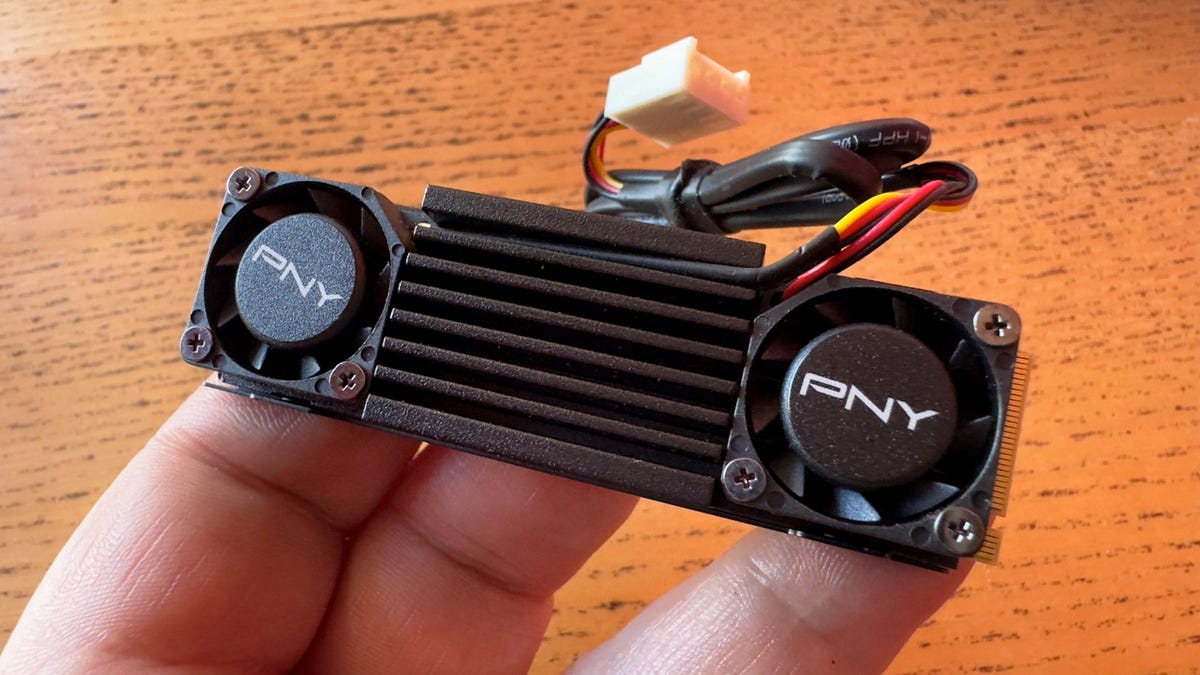
























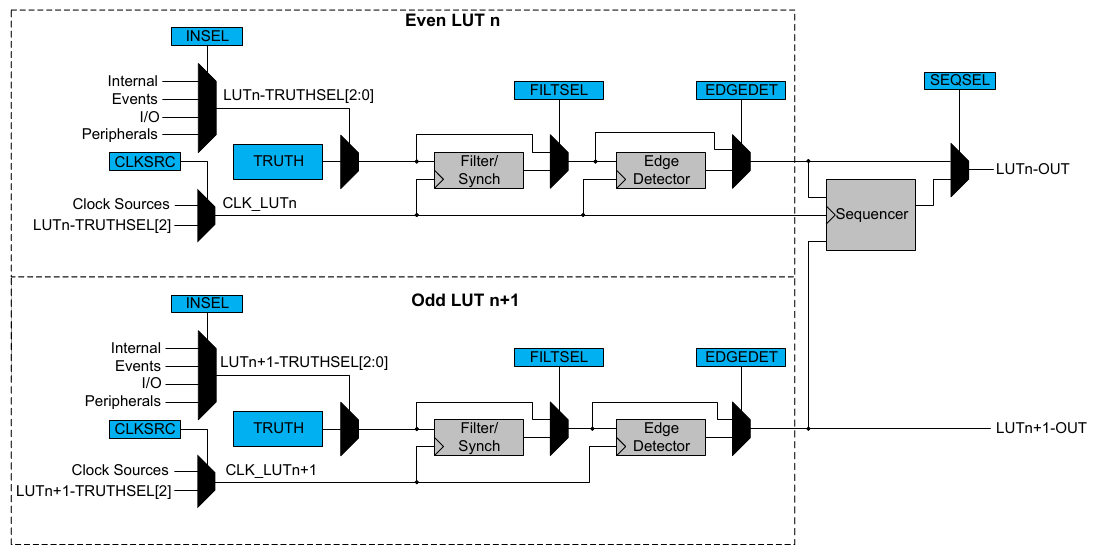
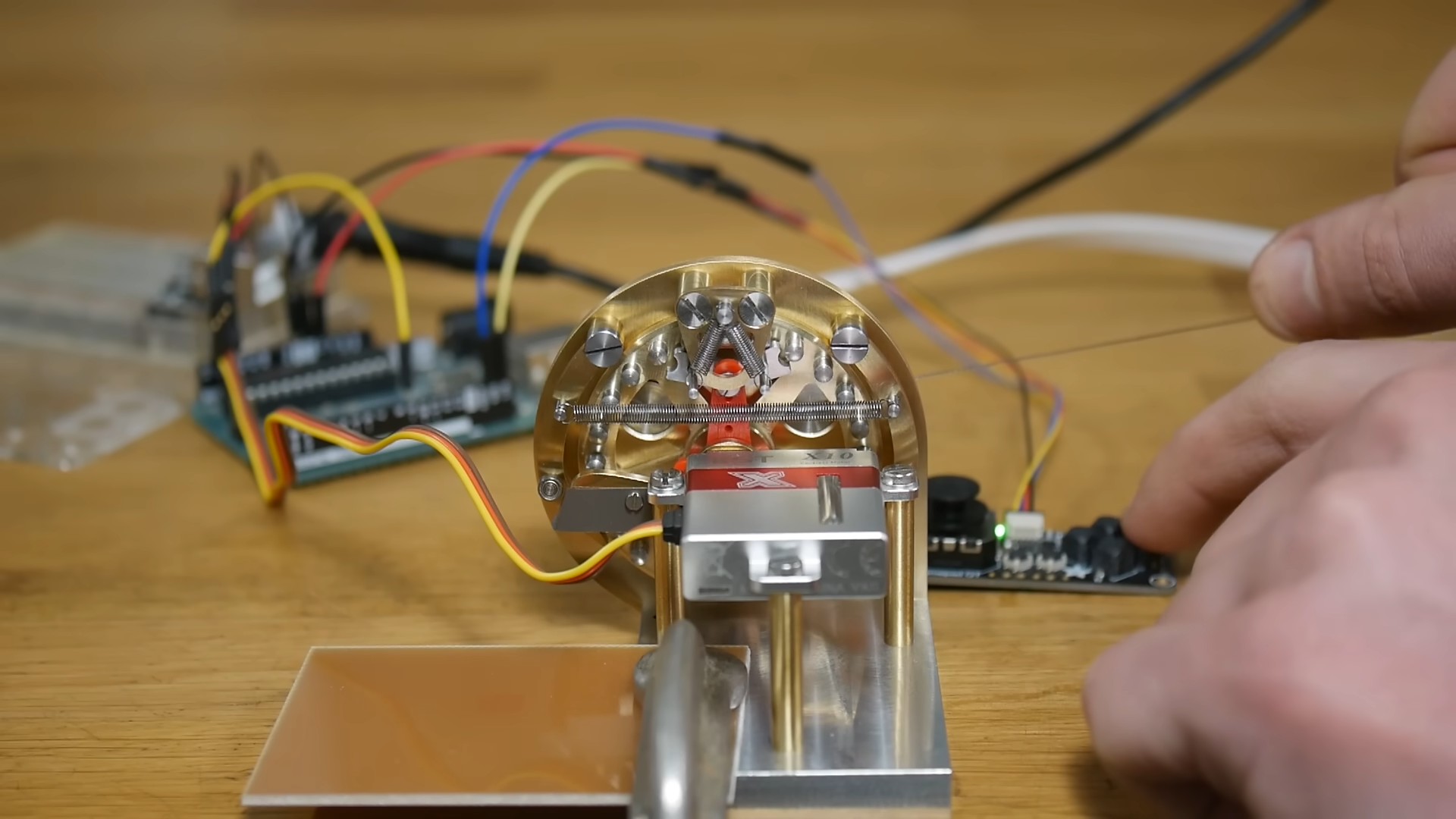
































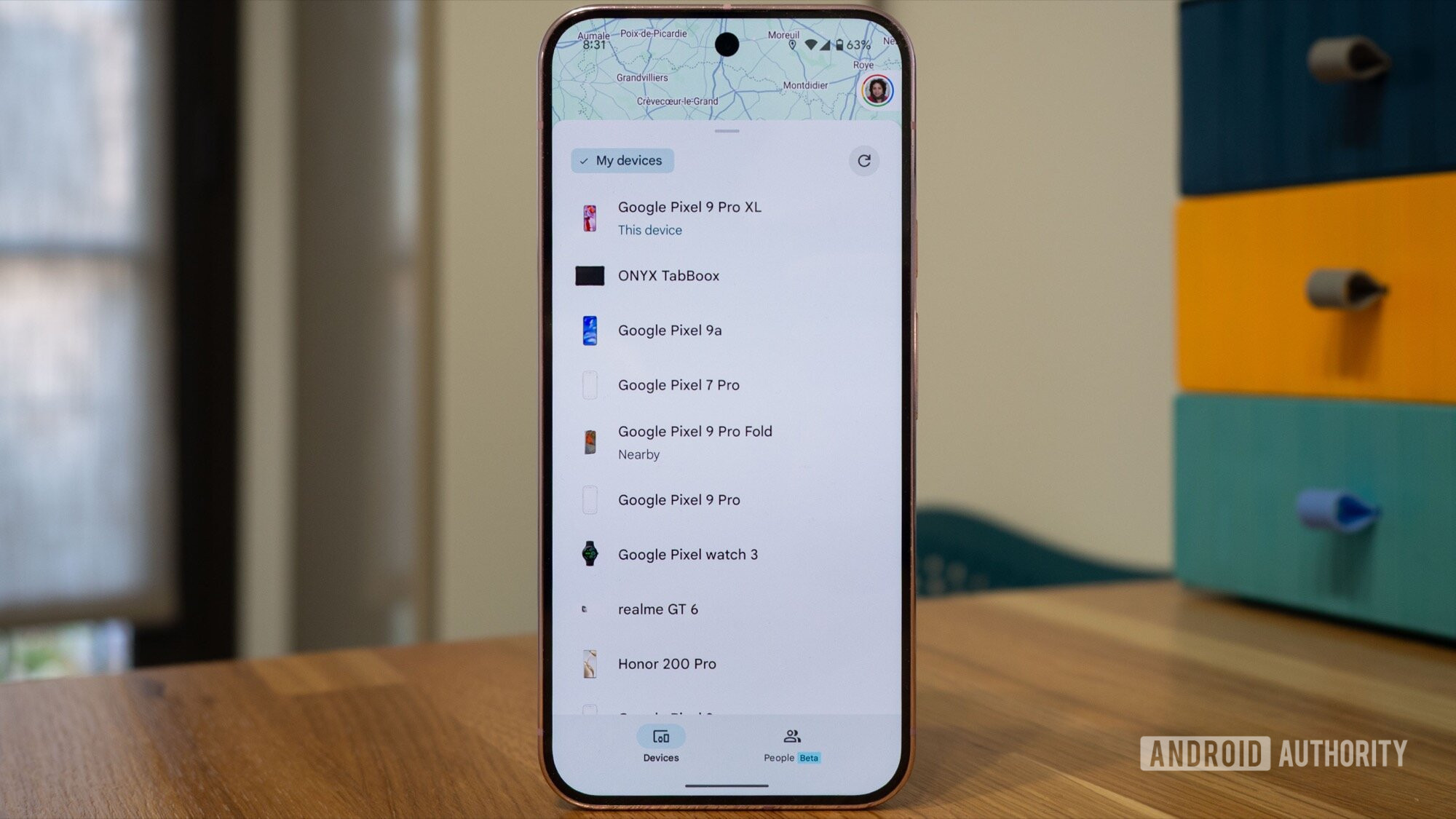


















![AirPods 4 On Sale for $99 [Lowest Price Ever]](https://www.iclarified.com/images/news/97206/97206/97206-640.jpg)

![Apple Developing AI 'Vibe-Coding' Assistant for Xcode With Anthropic [Report]](https://www.iclarified.com/images/news/97200/97200/97200-640.jpg)
![Apple's New Ads Spotlight Apple Watch for Kids [Video]](https://www.iclarified.com/images/news/97197/97197/97197-640.jpg)

































































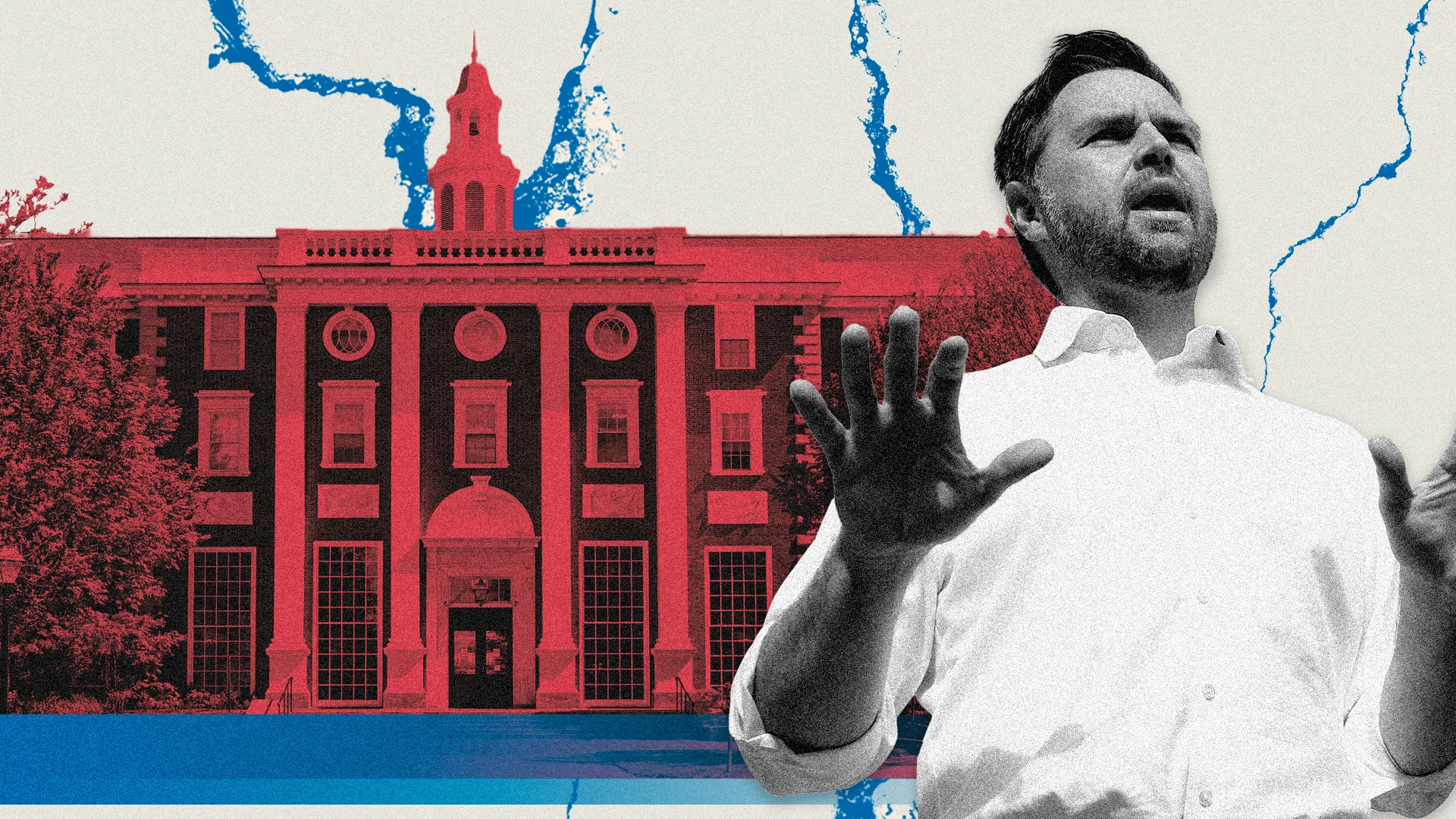








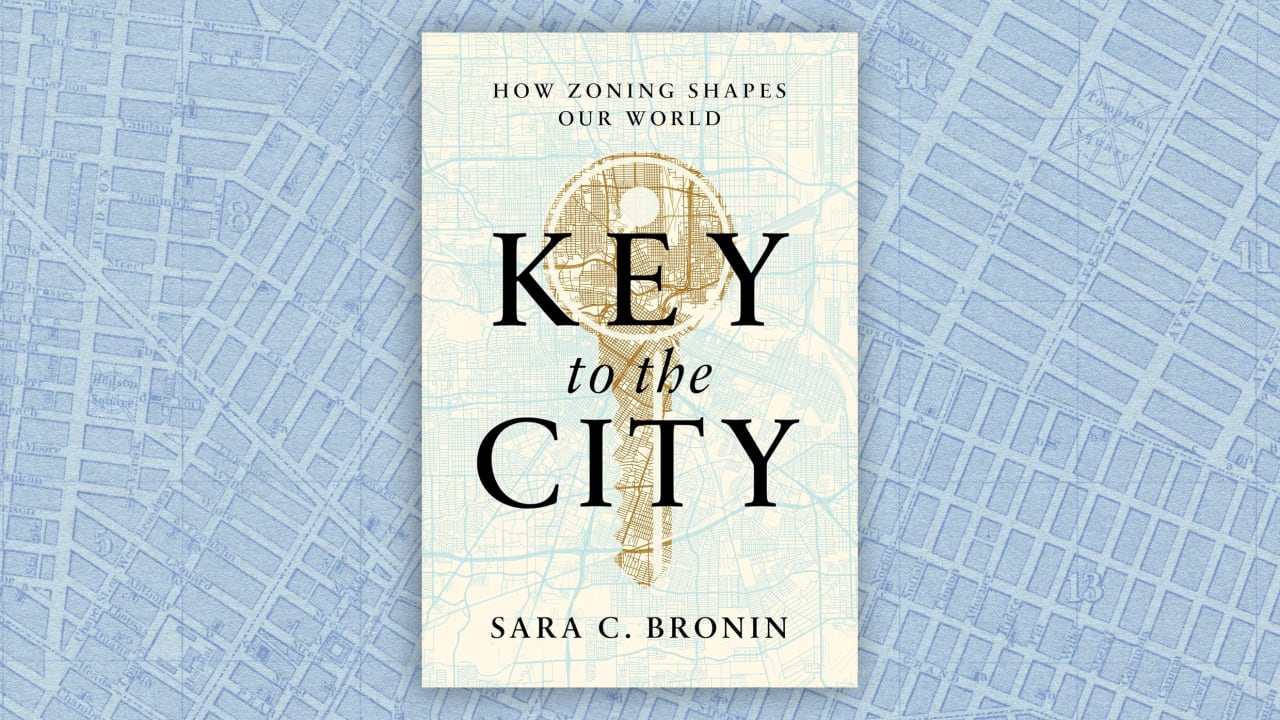


















 Pleb Kruse = BTC foundationalist in exile
Pleb Kruse = BTC foundationalist in exile 

